The COVID-19 pandemic has created space for dialogues on welfare and social security schemes, Universal Health Care (UHC) being one of them. Amidst a global health crisis, understanding UHC has become even more significant and urgent irrespective of which political ideology one leans to, as the idea promises to serve the interest of every single individual.
What is Universal Health Care? The World Health Organization defines it as, “All people having access to needed health services of sufficient quality to be effective while also ensuring that the use of these services does not expose the user to financial hardship.” Thus UHC talks about a health care system that integrates three major objectives: equality in access, quality and easing the financial burden. It ensures that all the citizens/residents are guaranteed quality health care without any financial hardships irrespective of class, caste, gender, and religion. It strives to achieve the highest possible level of health for each individual regardless of their ability to pay.
The state undertakes the responsibility of funding the scheme, most of the universal healthcare systems are funded by income tax or premiums. Most of the developed countries have mature and evolved universal healthcare systems such as Switzerland, Netherlands, United Kingdom, and Canada. Each country has a combination of multiple schemes such as mandatory insurance, single-payer, multi-payer, and public & private insurance.
Each healthcare system is mandated to answer – who is covered? What services are covered? & how much is the cost covered? Though the UHC system ensures every citizen gets health benefits, in some systems it does not necessarily imply that it will cover all the charges for those benefits.
India has a public and private hybrid healthcare system. We have government-funded free and subsidized healthcare for below poverty line population. Private healthcare can be provided through insurance companies or employer healthcare schemes. Can we achieve Universal Healthcare in India? What are the advantages of this system? Let’s try to answer some of these questions –
There are only a handful of developing countries that have successfully implemented universal healthcare, such as Cuba, Saudi Arabia, Costa Rica, and Vietnam in recent years has made remarkable progress. India has taken positive steps to achieve 'Healthcare for all' by 2030. India is a signatory to the UN Sustainable Development Goals thus is also bound to undertake the fulfillment of equitable health care to all through UHC. India moved a step closer towards its commitment to the SDGs, when in 2018 the country launched a national health protection scheme, Ayushman Bharat, to achieve UHC. However, achieving UHC is a very complex task, especially for developing countries. India, for instance, faces many challenges in this pursuit.
The various health programs and policies in the past have not been able to achieve the desired goals and objectives. Accordingly, the Planning Commission of India constituted a high-level expert group (HLEG) on UHC in October 2010. HLEG submitted its report in Nov 2011 to Planning Commission on UHC for India by 2022. The recommendations for the provision of UHC pertain to areas such as health financing, health infrastructure, health services norms, skilled human resources, access to medicines and vaccines, management and institutional reforms, and community participation.
India faces enormous challenges to achieve UHC by 2022 such as high disease prevalence, issues of gender equality, unregulated and fragmented health-care delivery system, non-availability of adequate skilled human resource, vast social determinants of health, inadequate finances, lack of inter-sectoral coordination and various political pull and push of different forces, and interests.
FINANCING is the main hurdle in achieving the milestone of UHC as India only spends 1.2% of its GDP on public health. Public and Private sectors do not have enough capacity to provide better health care facilities to all citizens of India. The condition of health INFRASTRUCTURE is also not very promising, as per WHO statistics, India has been ranked very low in a global scenario with only 0.9 beds per 1000 population while the global average is about 2.9 beds per 1000 population.
Hence the AVAILABILITY of health care services provided by the public and private sectors taken together is inadequate. The QUALITY of healthcare services varies considerably in both the public and private sectors as regulatory standards for public and private hospitals are not adequately defined and, are ineffectively enforced. The AFFORDABILITY of health care is a serious problem for the vast majority of the population, especially at the tertiary level.
Talking about HUMAN RESOURCE though India is providing quality medical professionals to many countries India itself has, as per WHO statistics, India currently has only 1 doctor per 1700 citizens while WHO standard is 1 doctor per 1000 citizens. So India would need four lakh more doctors by the end of 2020 in addition to current capacity. Affordable medicines, effective preventive care, awareness, and citizen participation are other major hurdles in achieving the target of UHC.
Painting such a grim picture was never the objective, but a touch to reality is essential to address the larger cause. UHC is possible only with people’s participation and political will. With the onslaught of this pandemic rethinking UHC and strengthening the health, infrastructure is the priority. With rising unemployment, job losses the onus is on the state to nurture the health of the citizens. Health for all without financial hardship is an achievable target and also a moral obligation on the state.
- Suraj Nirmale
nirmalesuraj@gmail.com
Tags: Pandemic Social Security Universal Health Care UHC World Health Organization WHO Data World Health Day Health Suraj Nirmale English Load More Tags

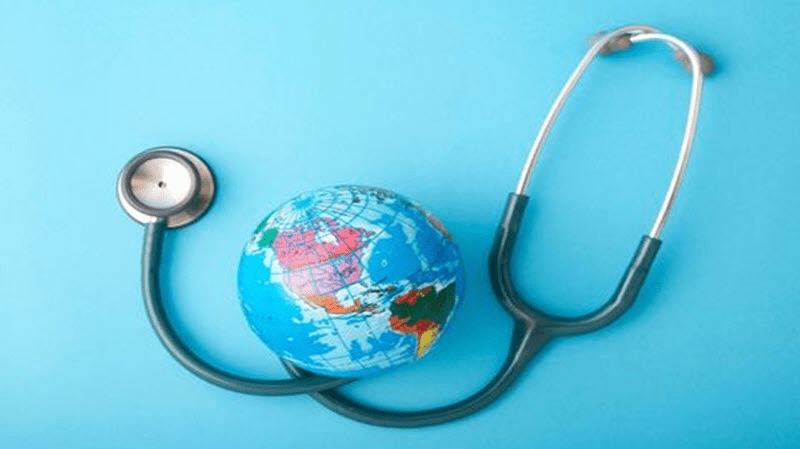

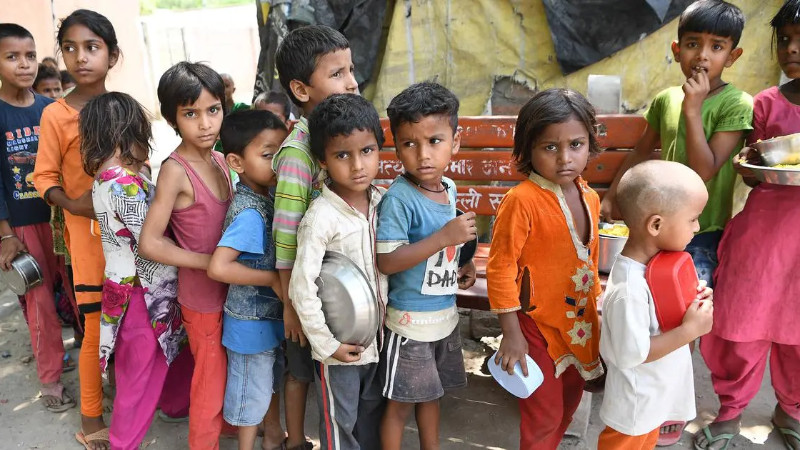
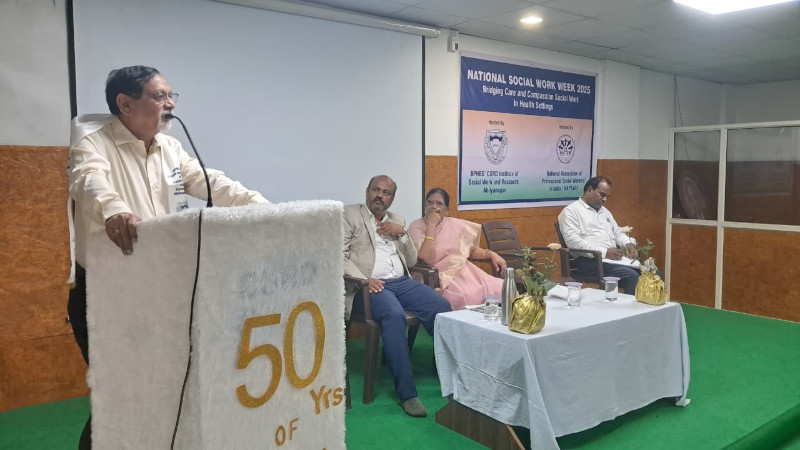
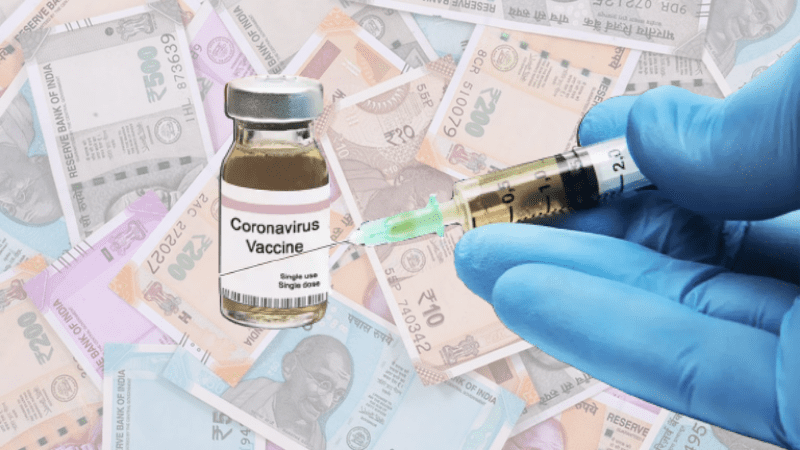

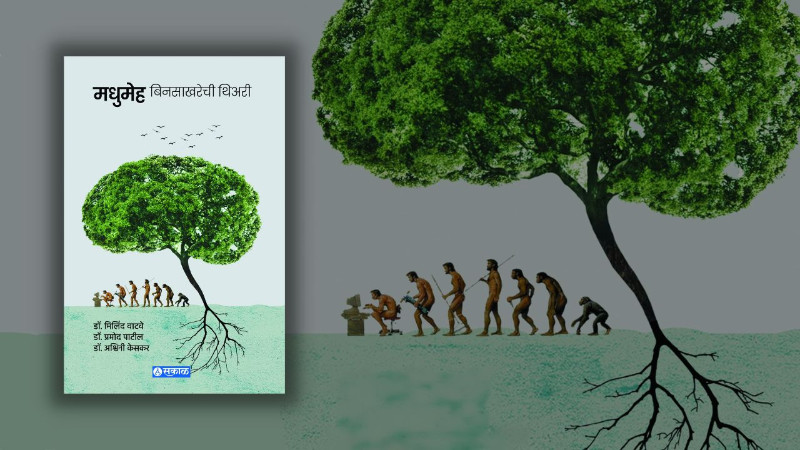

























Add Comment